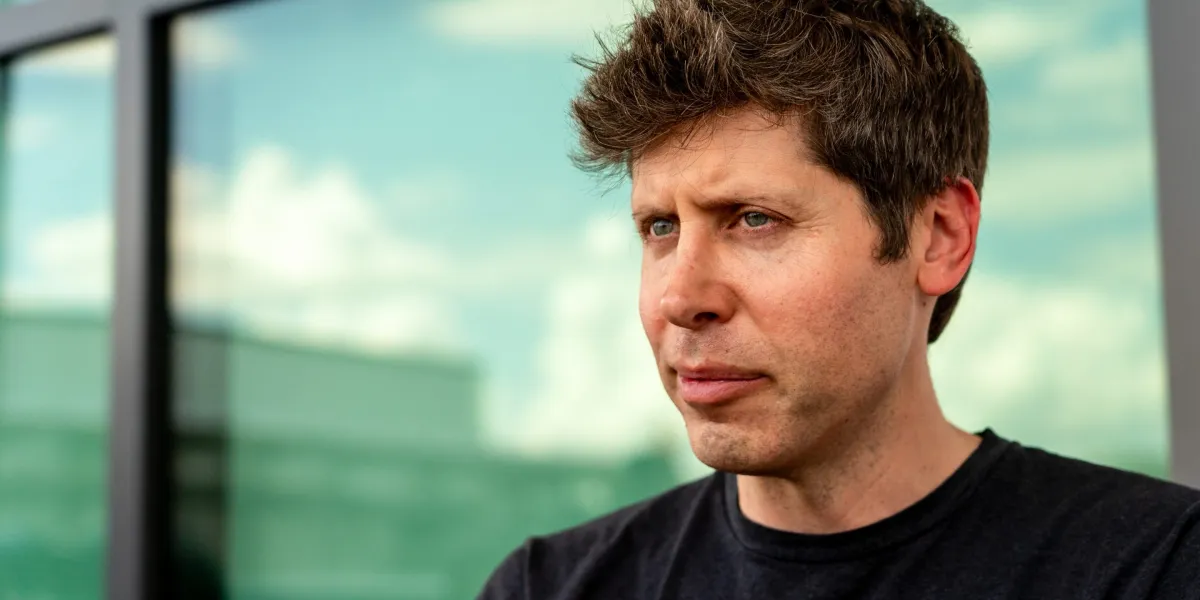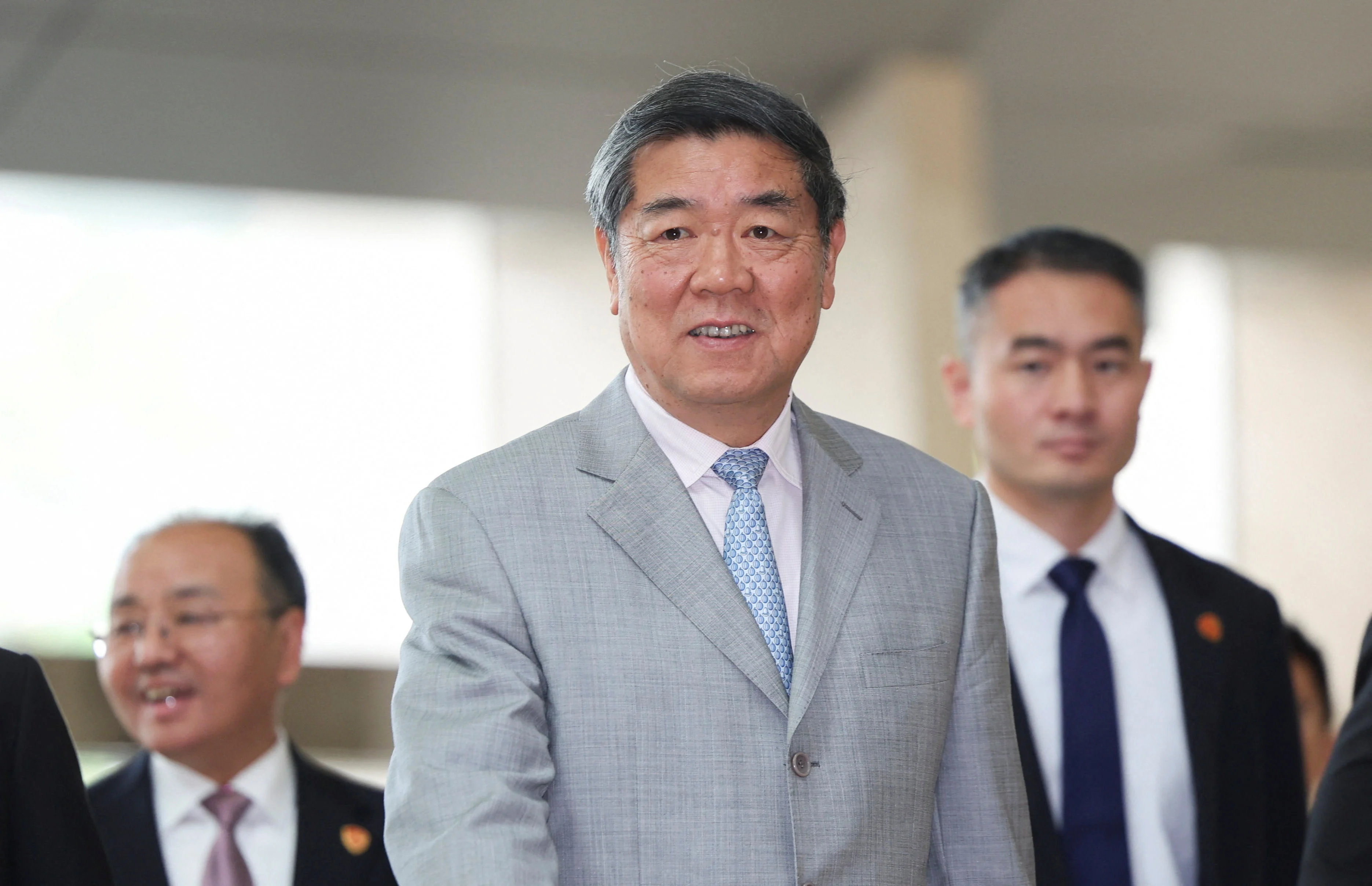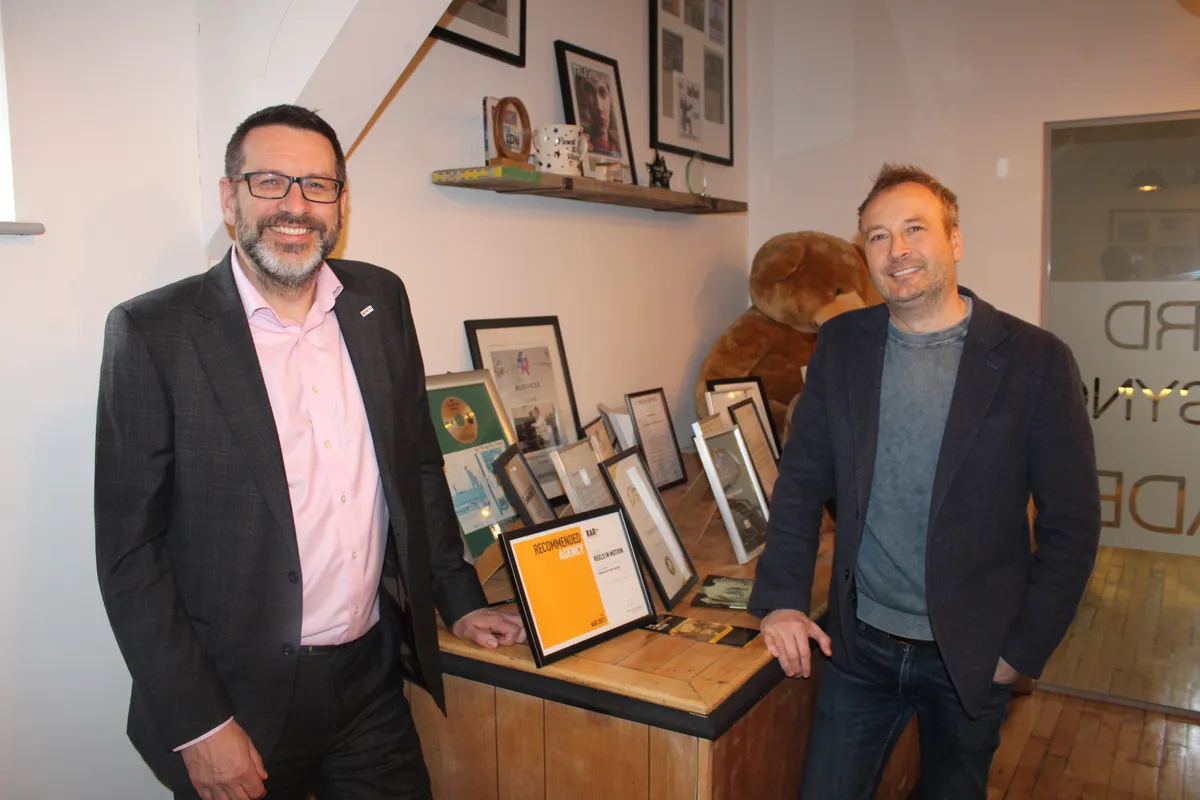Copyright Fortune

The CEO quickly became defensive when Bg2 podcast host and Altimeter Capital founder Brad Gerstner asked about OpenAI’s reported $13 billion in revenue—a respectable revenue about equal to that of Dick’s Sporting Goods, but which pales in comparison to the $1.4 trillion OpenAI has committed to investing in computing infrastructure. “First of all, we’re doing well more revenue than that. Second of all, Brad, if you want to sell your shares, I’ll find you a buyer,” Altman said. “I just — enough. I think there are a lot of people who would love to buy OpenAI shares.” He predicted revenue will grow steeply, that ChatGPT will continue to grow, and that OpenAI’s developing consumer device business will take off. “I think we could sell, you know, your shares or anybody else’s to some of the people who are making the most noise on Twitter, whatever, about this very quickly,” Altman said. Although not publicly traded, OpenAI’s long list of institutional backers have privately held shares in the startup. This includes Gerstner’s Altimeter Capital, which invested an undisclosed amount as part of last year’s $6.6 billion funding round that valued the company at $157 billion. OpenAI is now worth $500 billion after a secondary share sale for current and former employees last month. Altman also said that there are “not many times” he wishes OpenAI were a public company, but he highlighted one particular benefit of having publicly traded shares. “One of the rare times it’s appealing is when those people are writing these ridiculous ‘OpenAI is about to go out of business.’ I would love to tell them they could just short the stock, and I would love to see them get burned on that,” he added. OpenAI did not immediately respond to Fortune’s request for comment. The OpenAI CEO is known for not backing down from conflict. Over the weekend, OpenAI cofounder and Tesla CEO Elon Musk took shots at Altman, alleging he “stole a non-profit.” Altman responded, “I helped turn the thing you left for dead into what should be the largest non-profit ever.” Despite Altman’s occasional wish that OpenAI were publicly traded, the AI giant has no clear timeline on when it will do so. The company, which was founded as a nonprofit, restructured as a for-profit public benefit corporation, or PBC, last week. The move will help it raise funds more easily and could pave the way for a future initial public offering. Altman has remained ambivalent about the potential timing for OpenAI to go public. Despite a report by Reuters last week claiming the company was preparing for an IPO in 2026 or 2027 at a whopping $1 trillion valuation, Altman reiterated on the podcast there is no specific plan. Still, he acknowledged that the idea is to go public eventually. “I’m a realist. I assume it will happen someday, but that was—I don’t know why people write these reports,” Altman said about the Reuters report. “We don’t have a date in mind. We don’t have a board decision to do this or anything like that. I just assume it’s where things will eventually go.”



